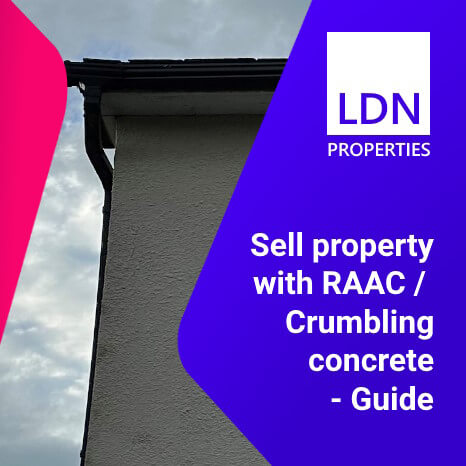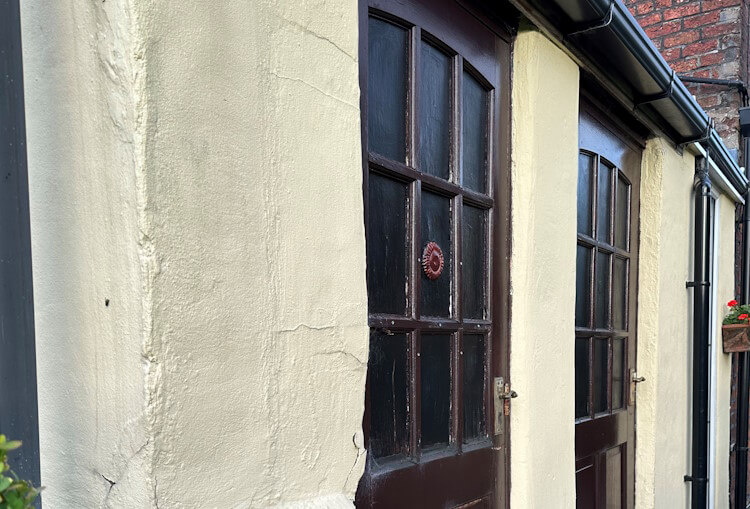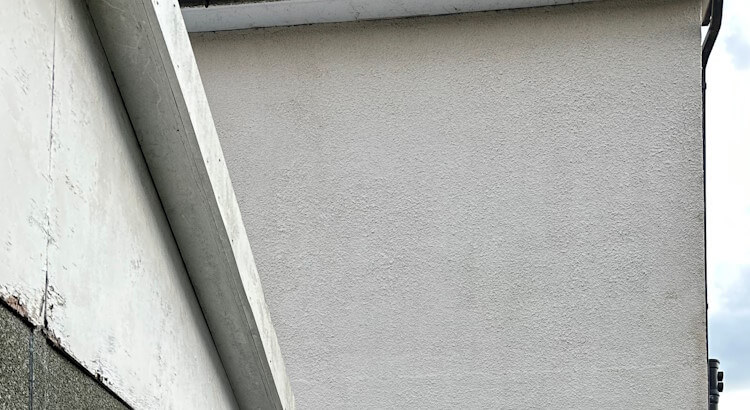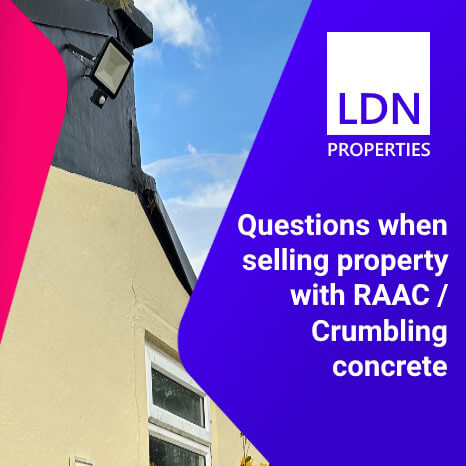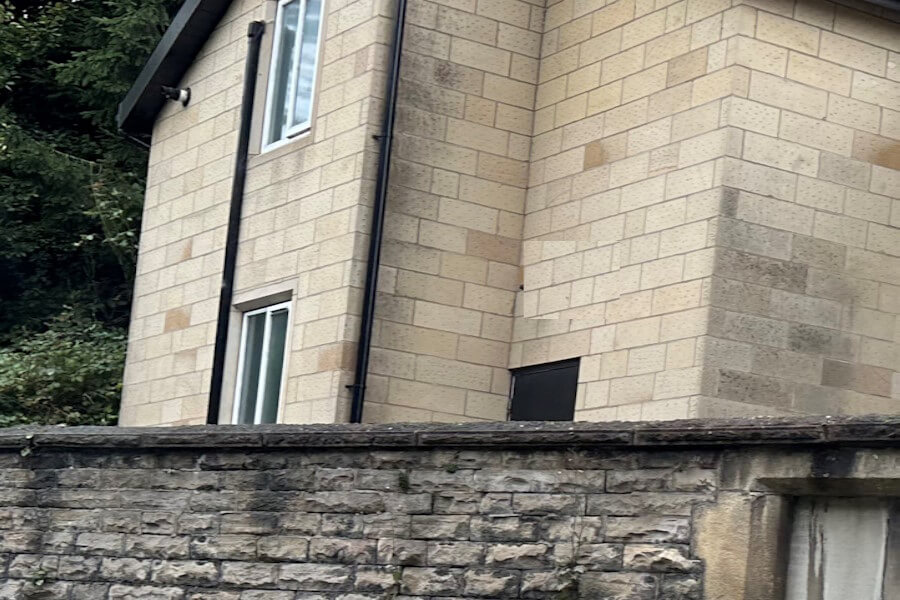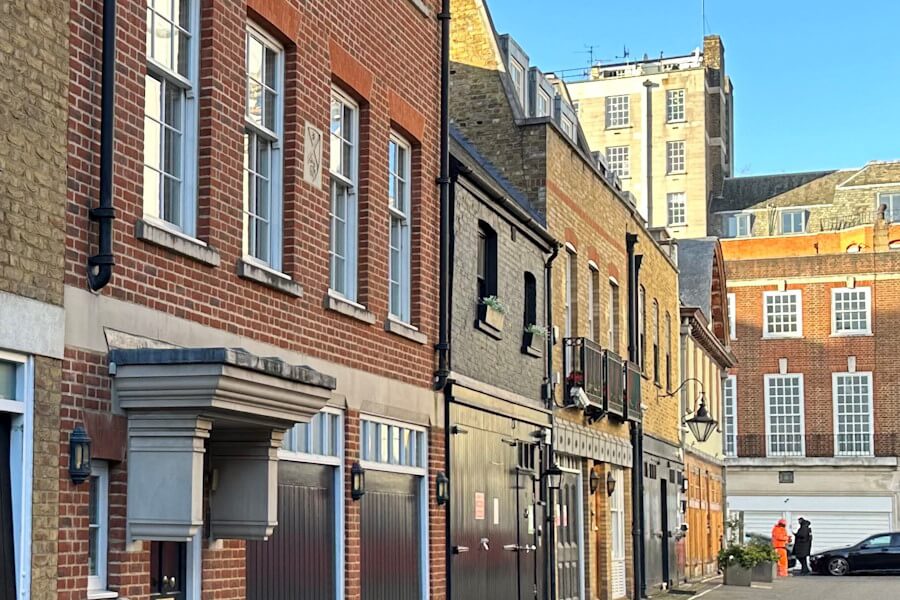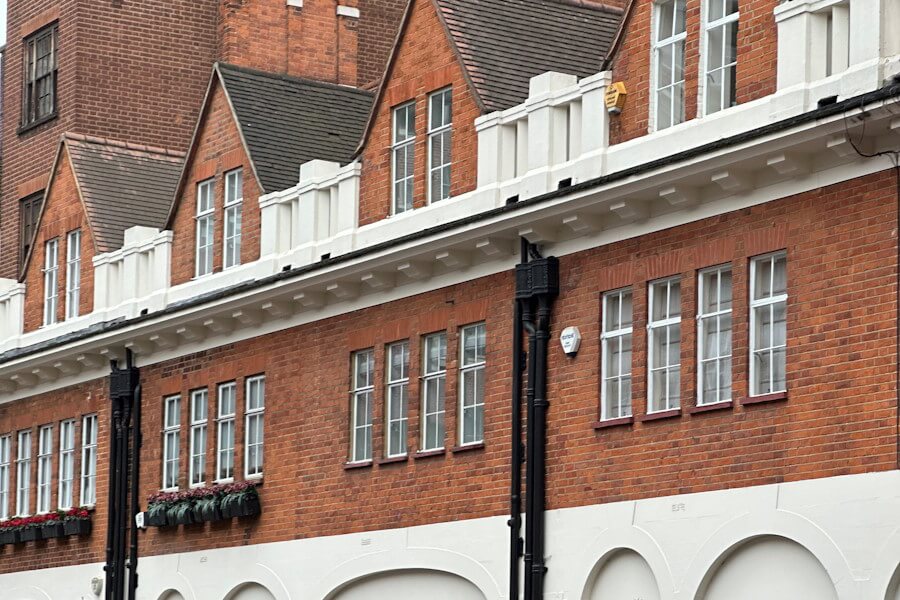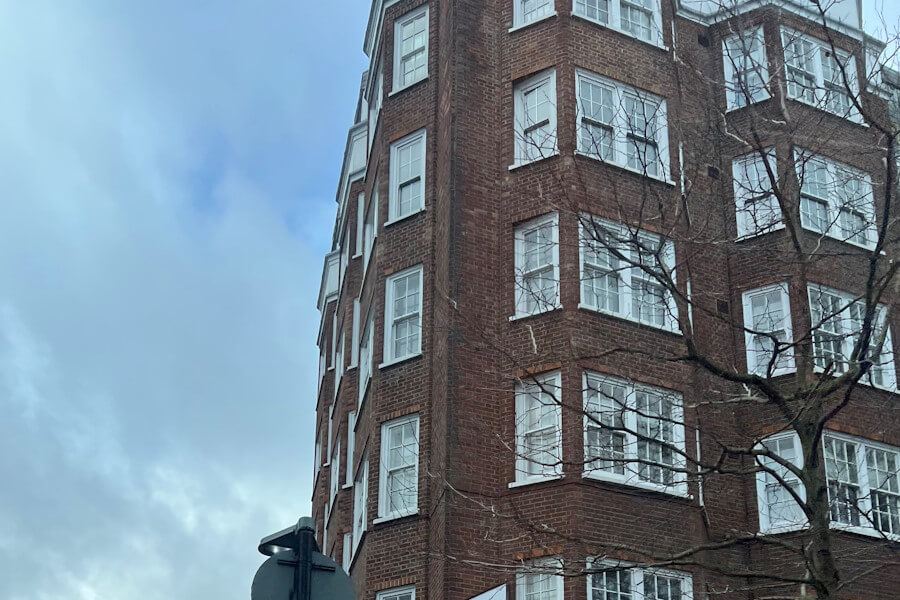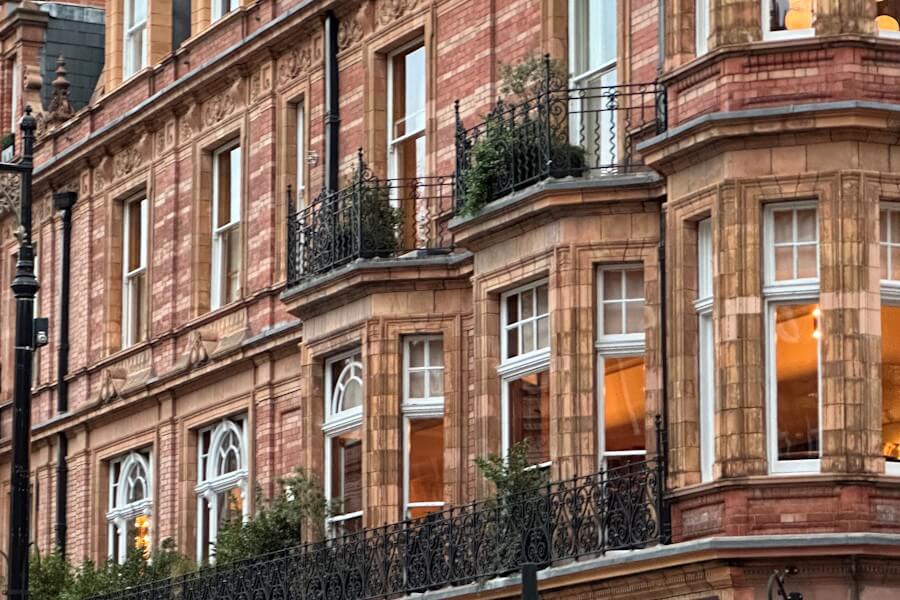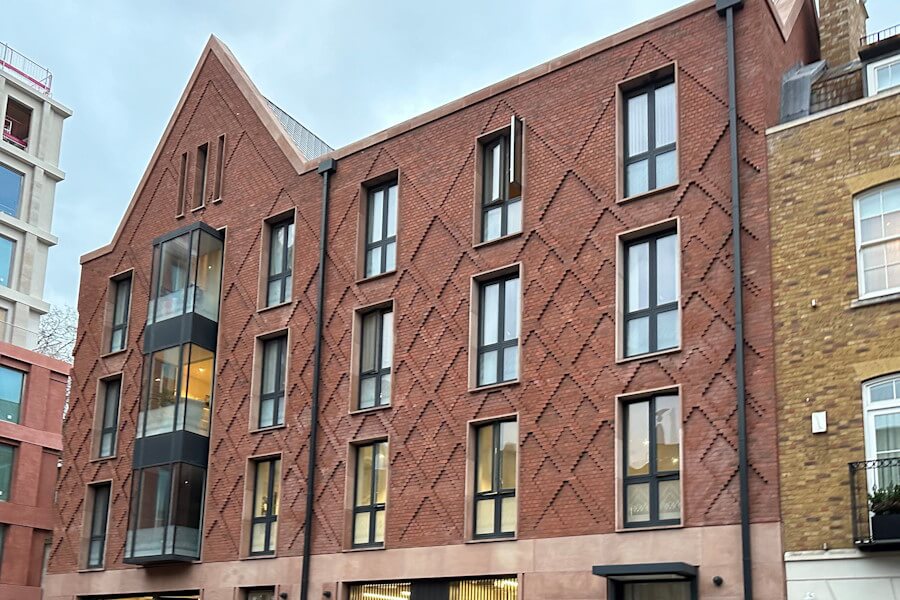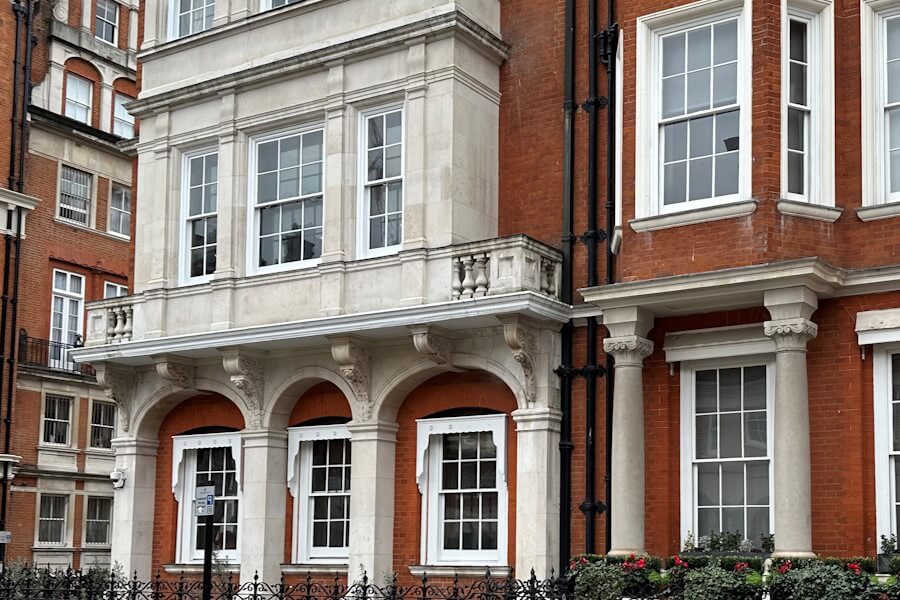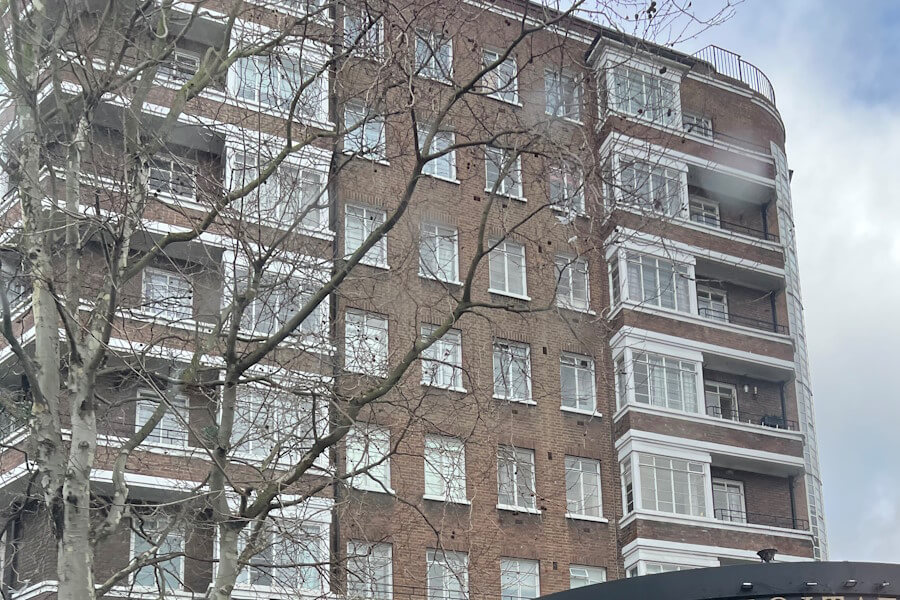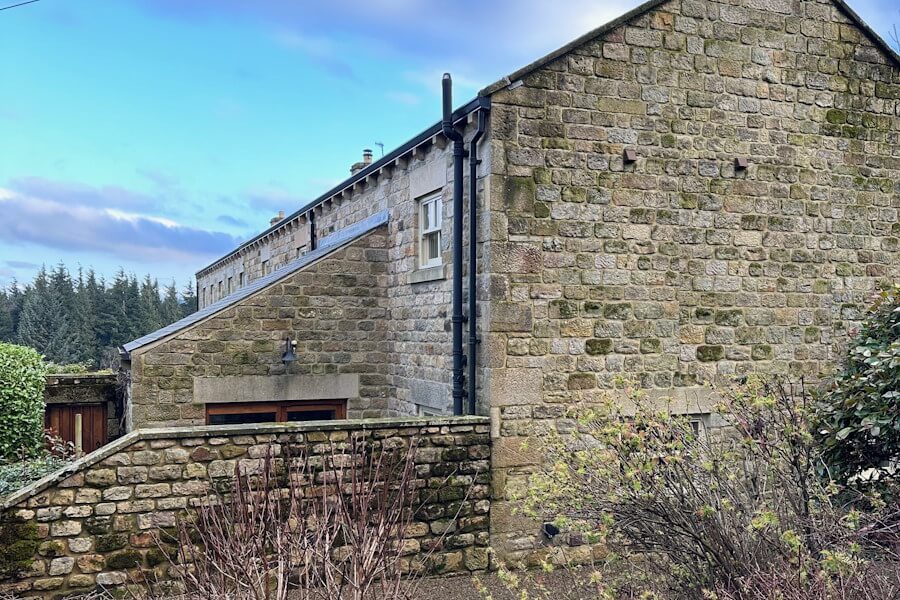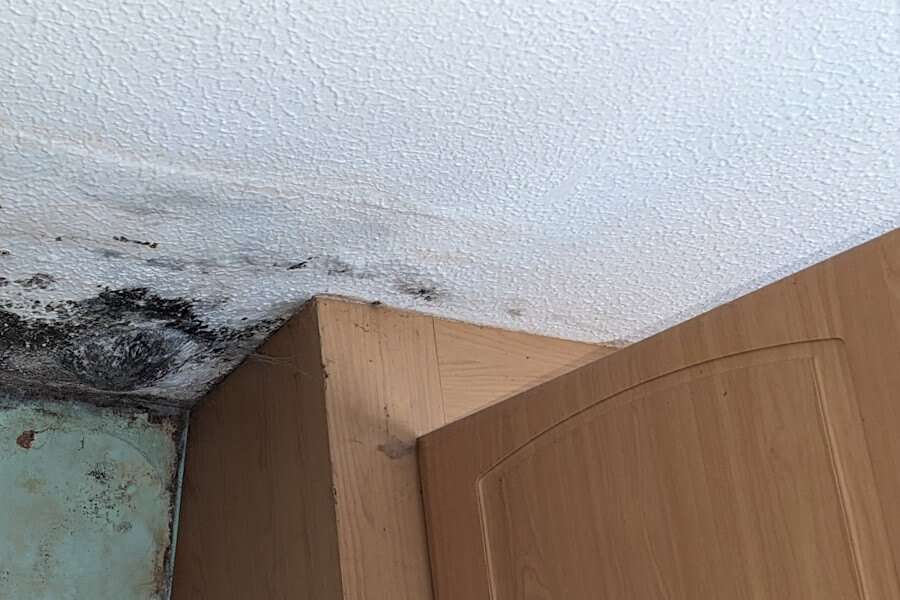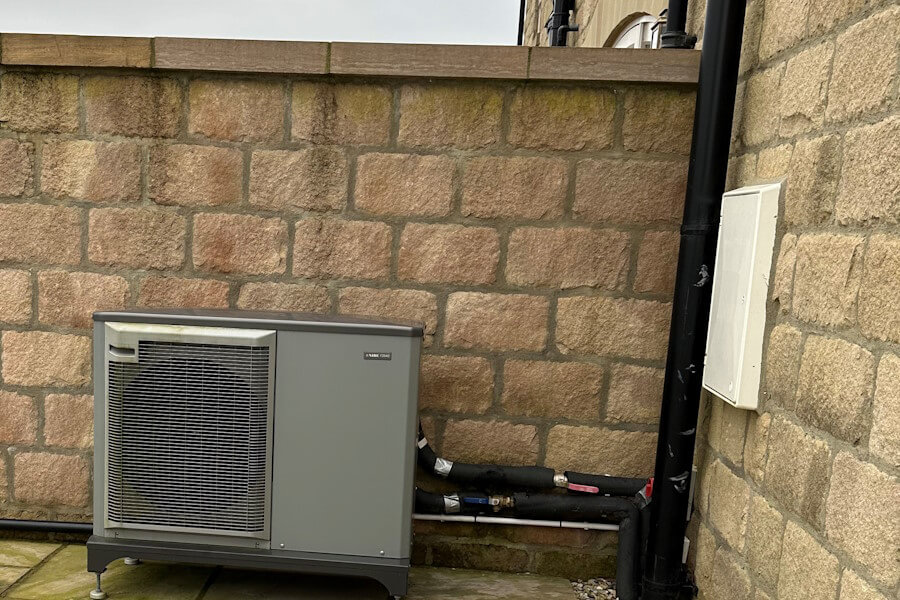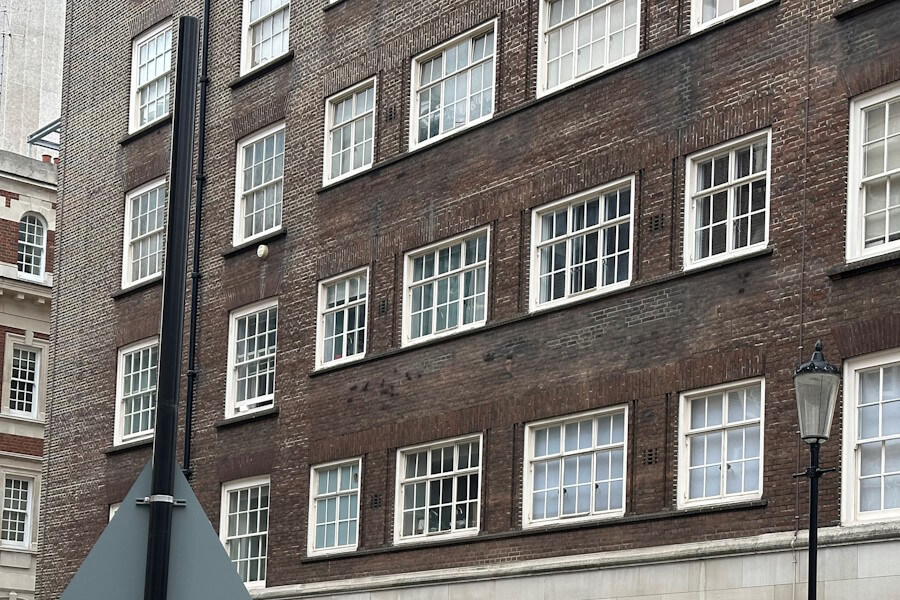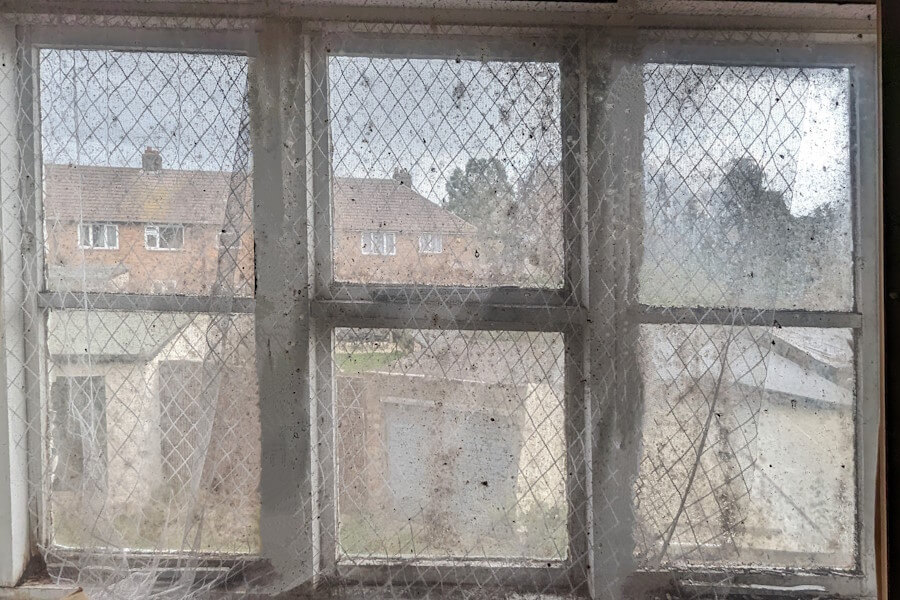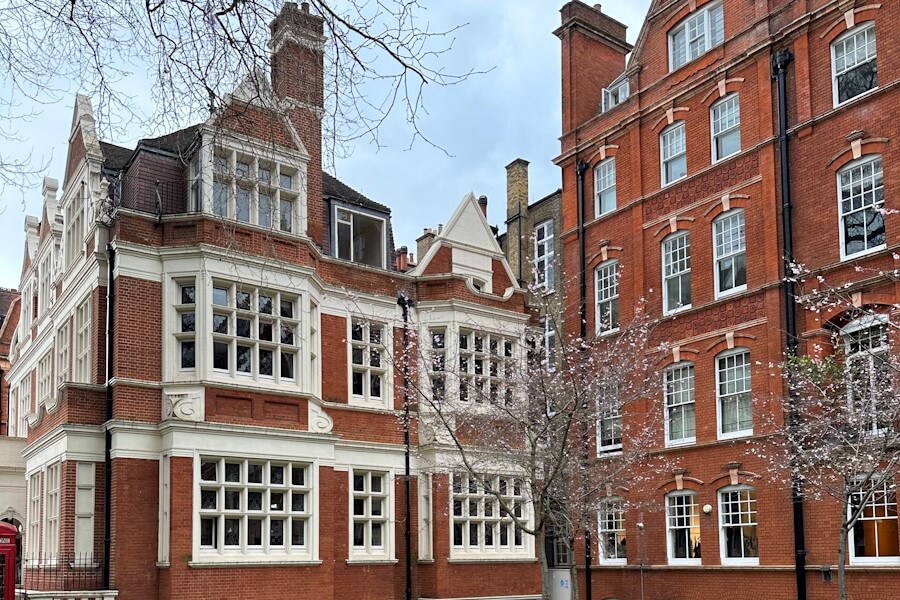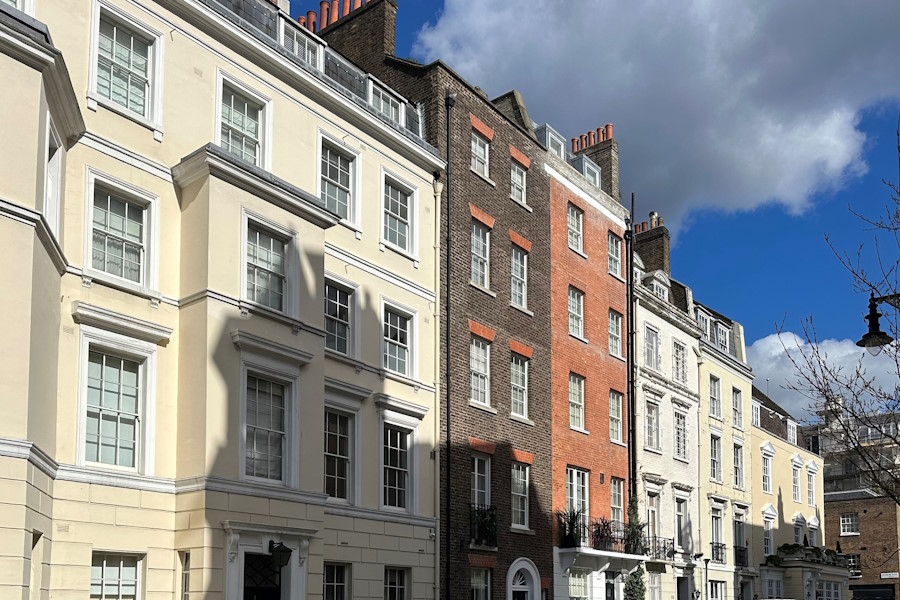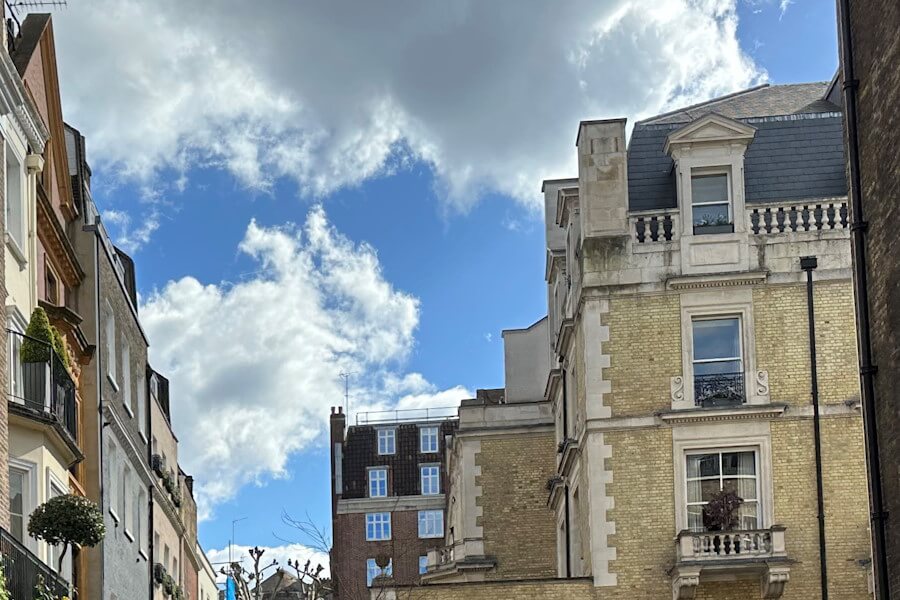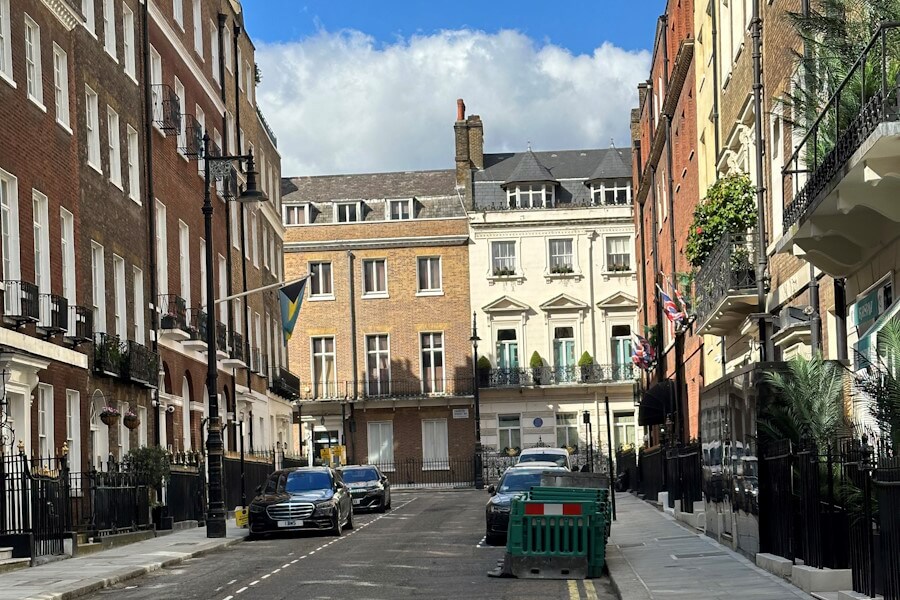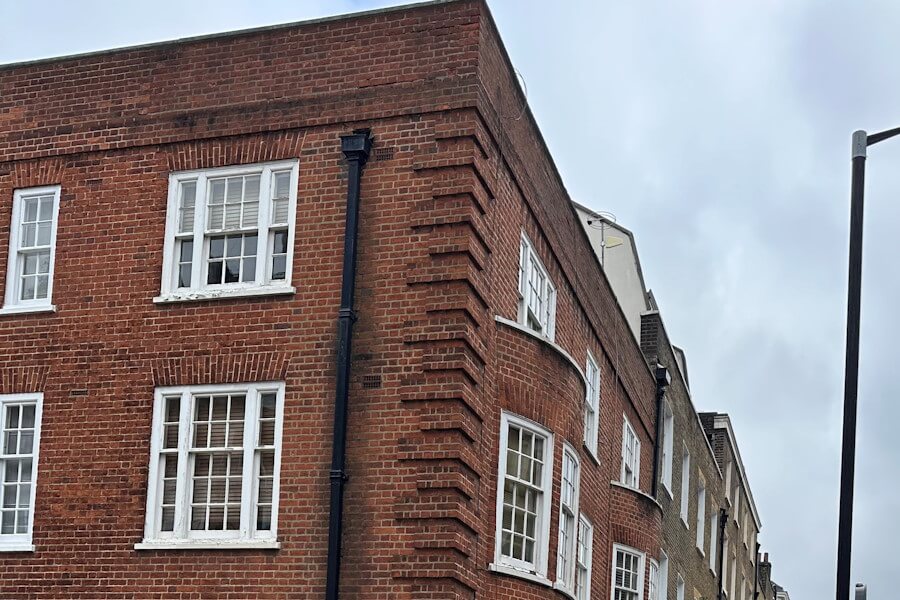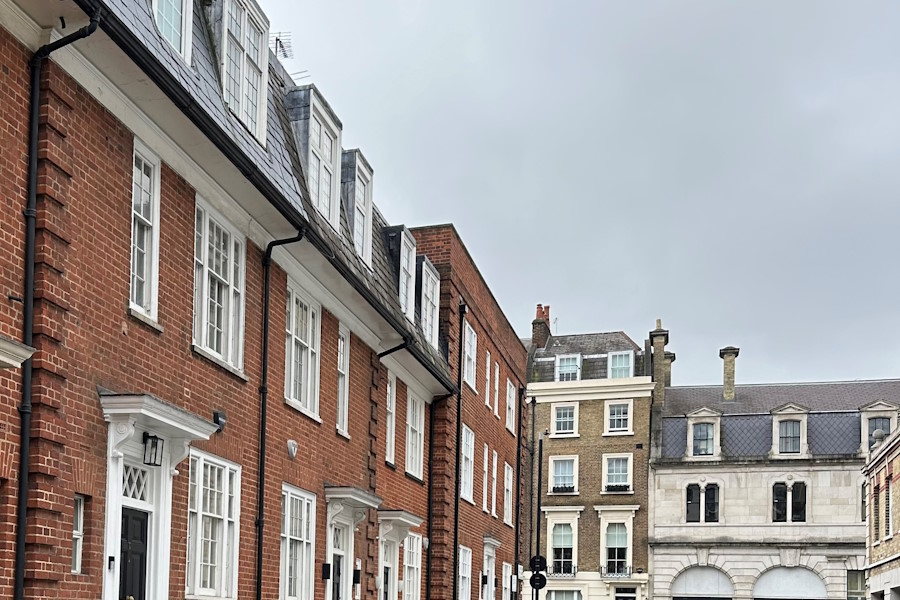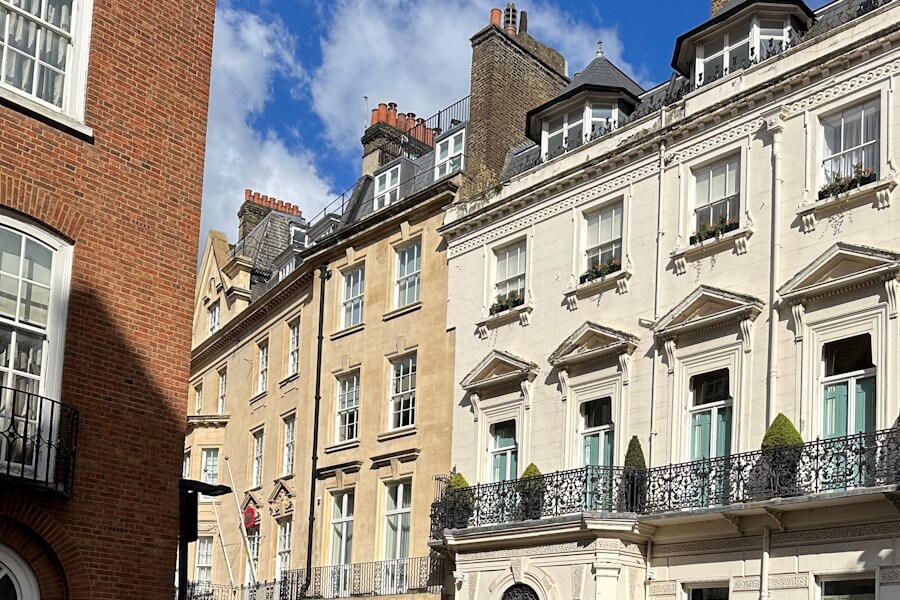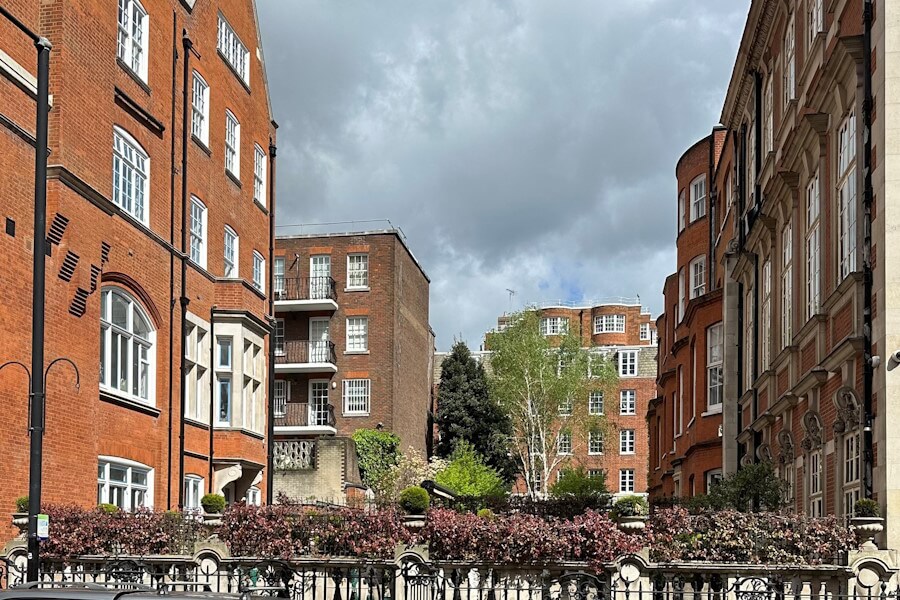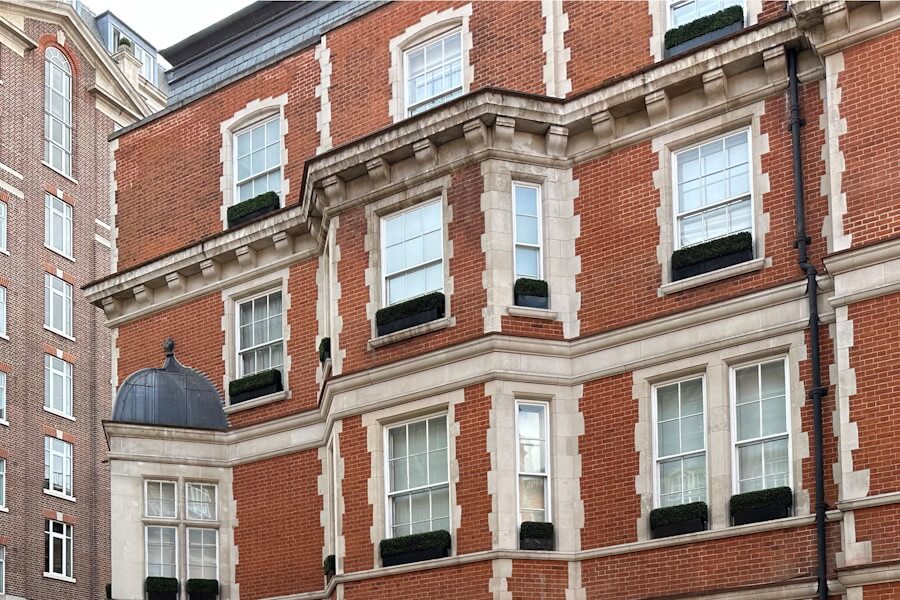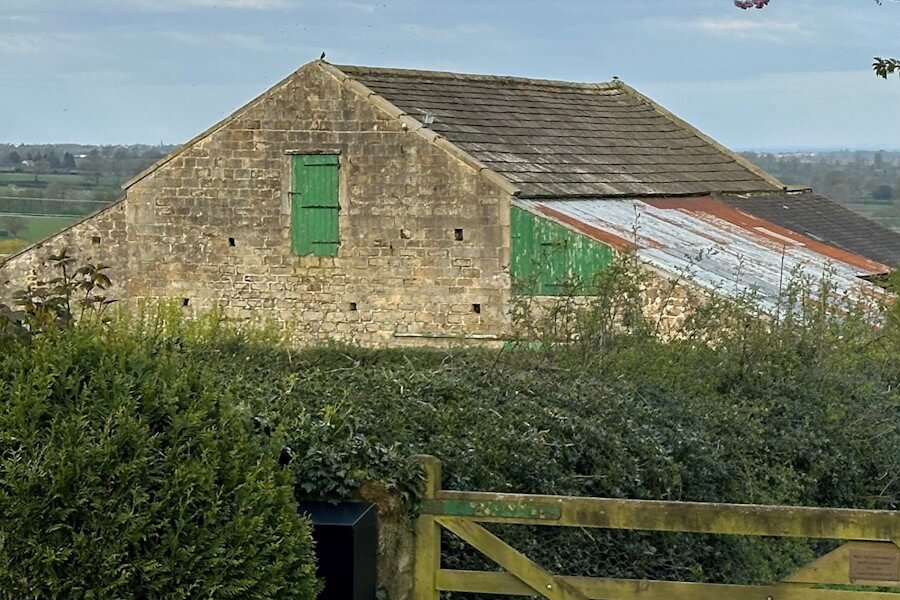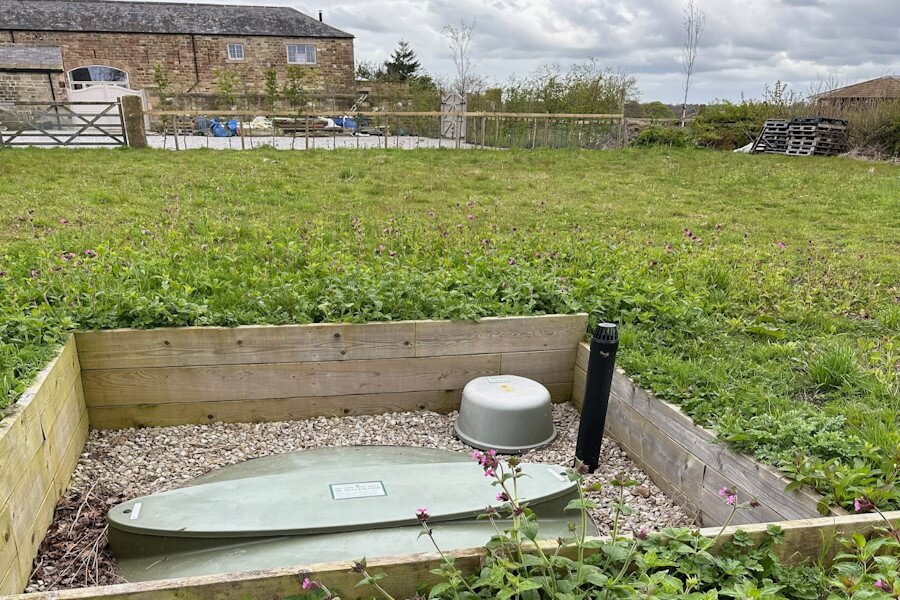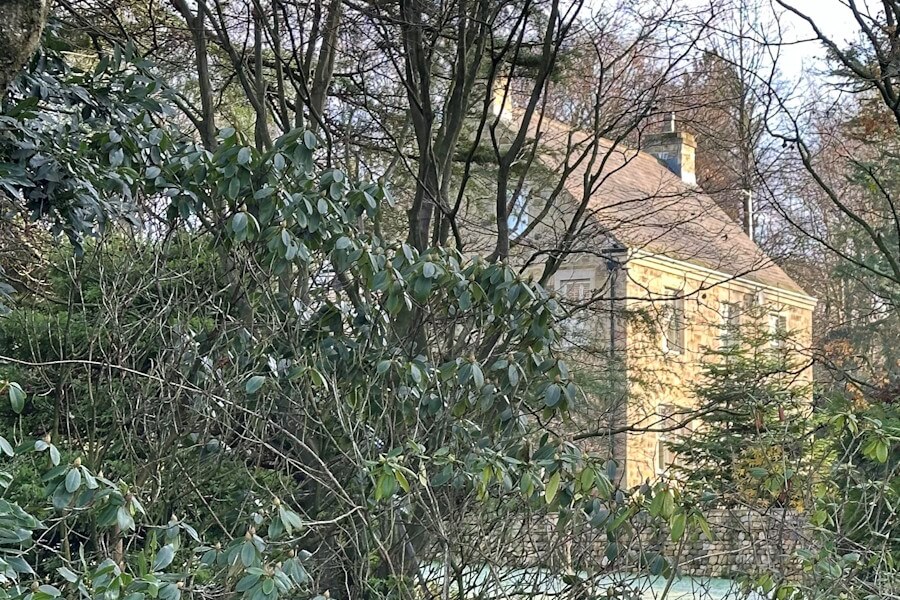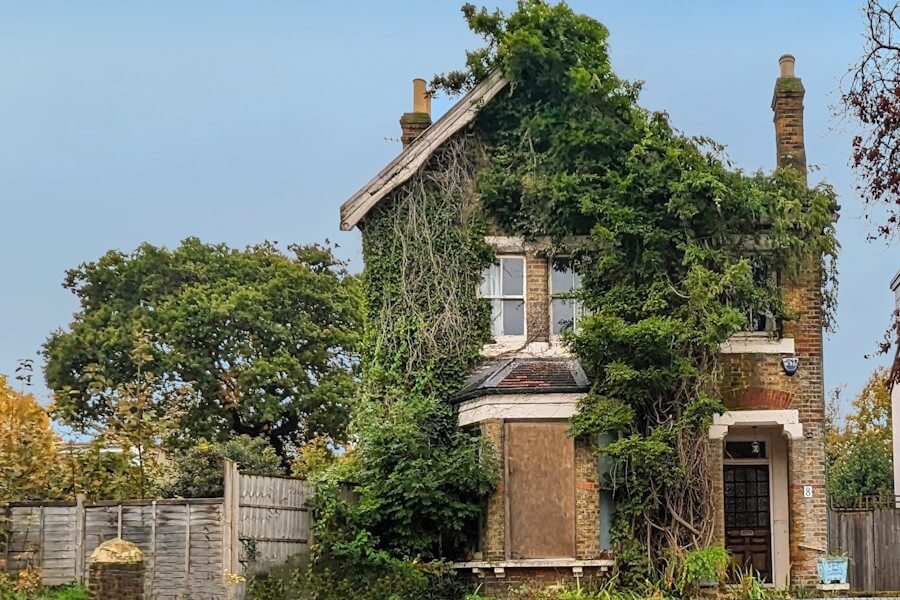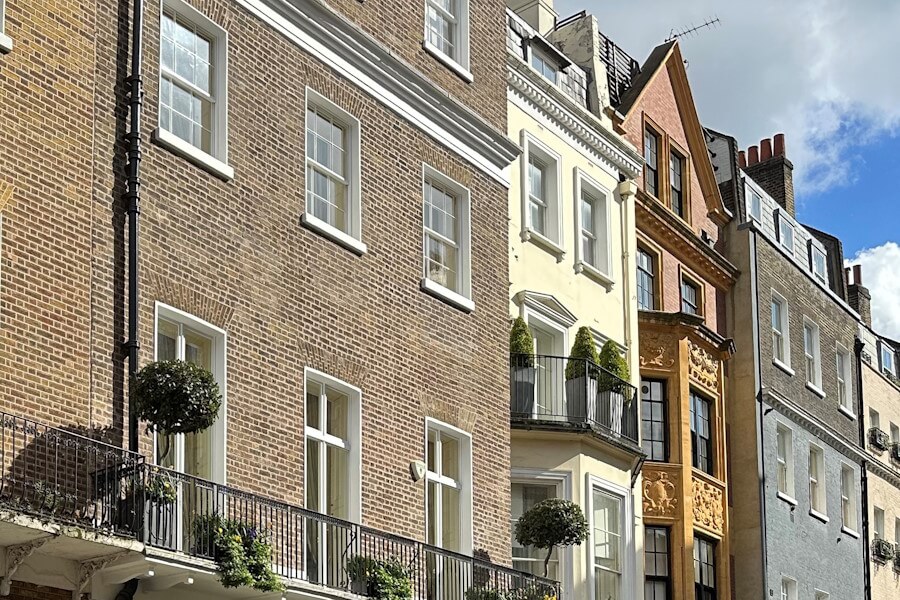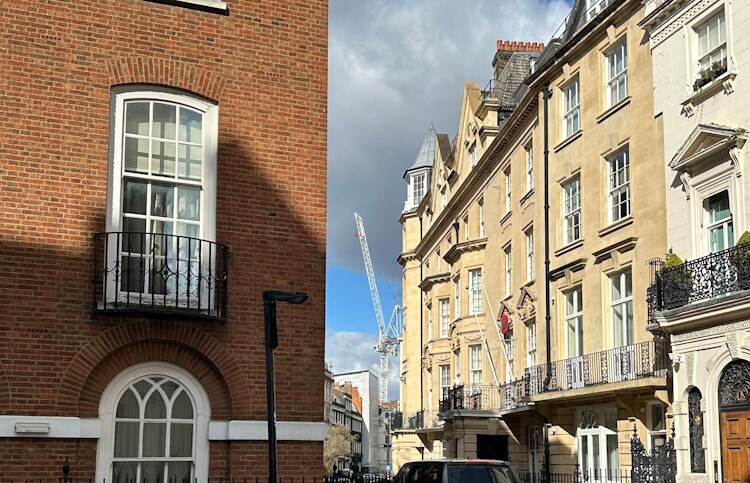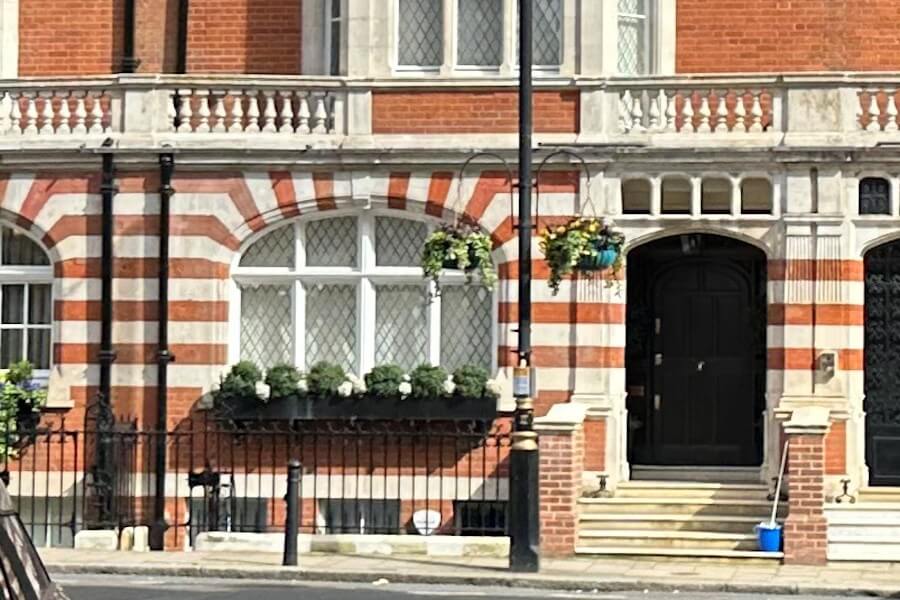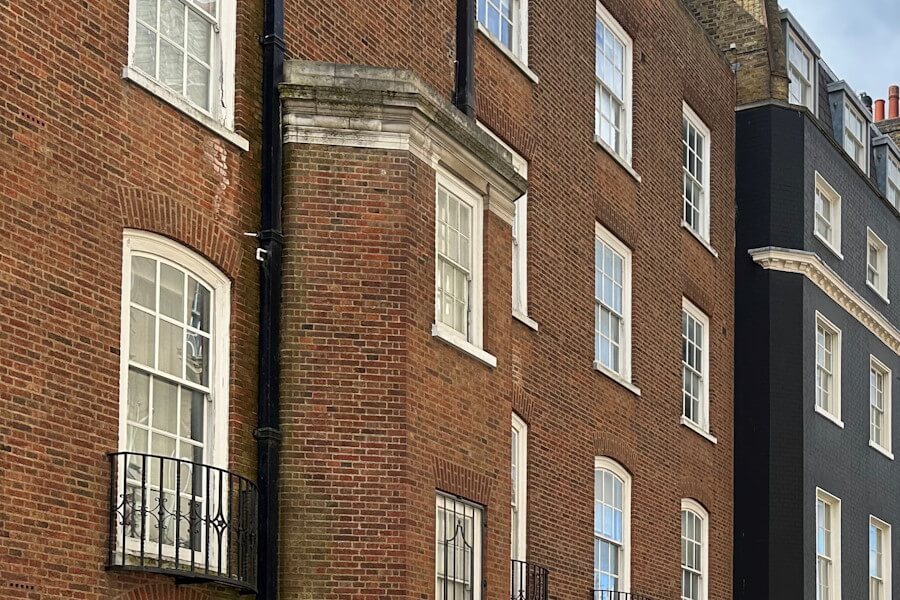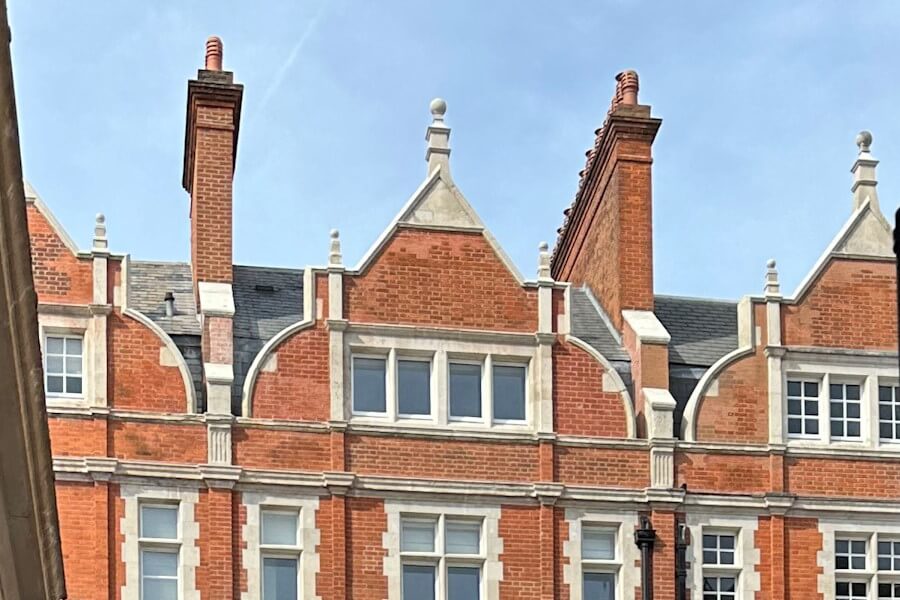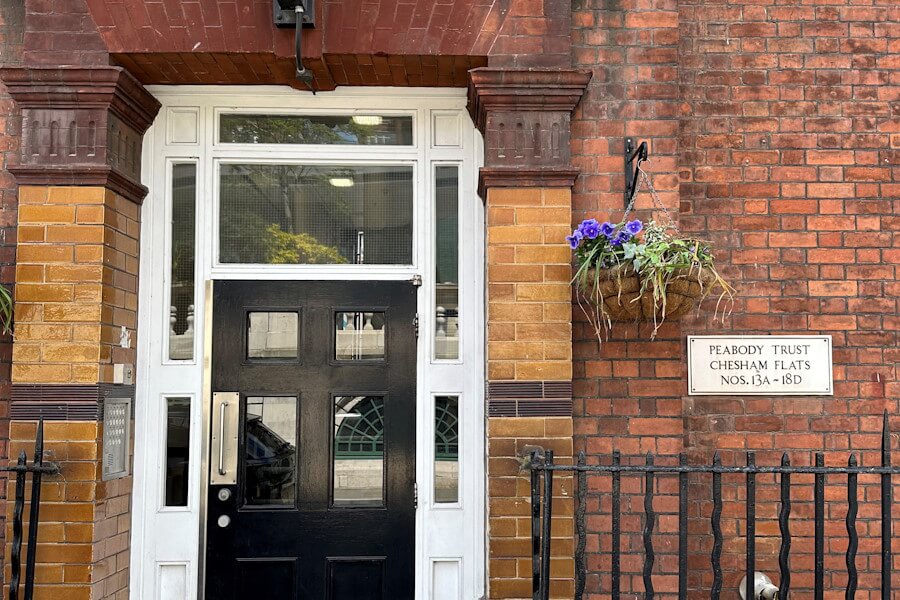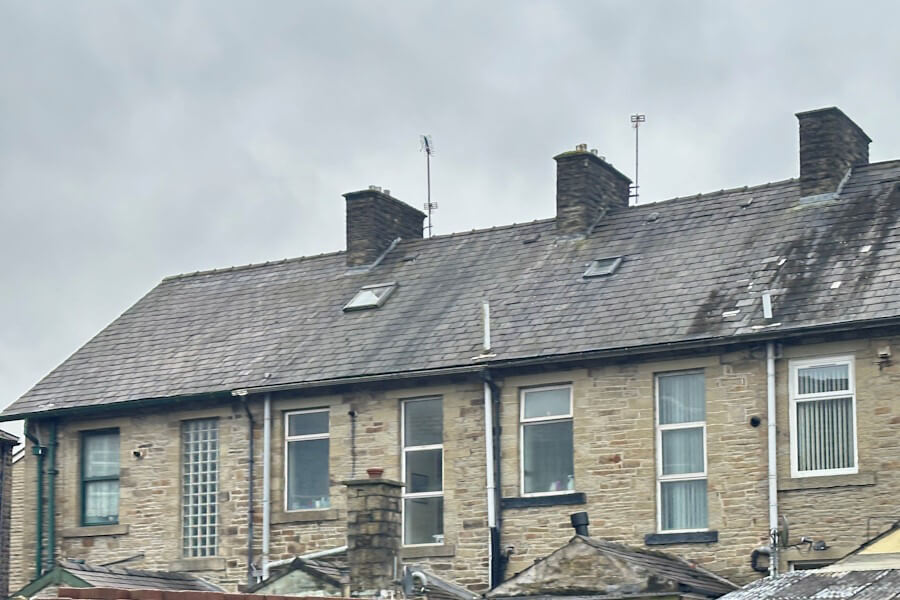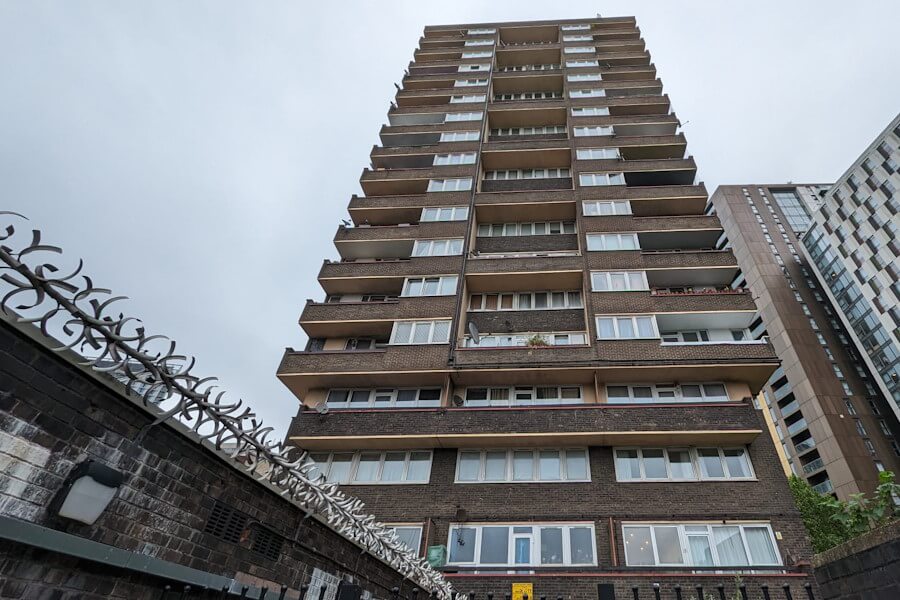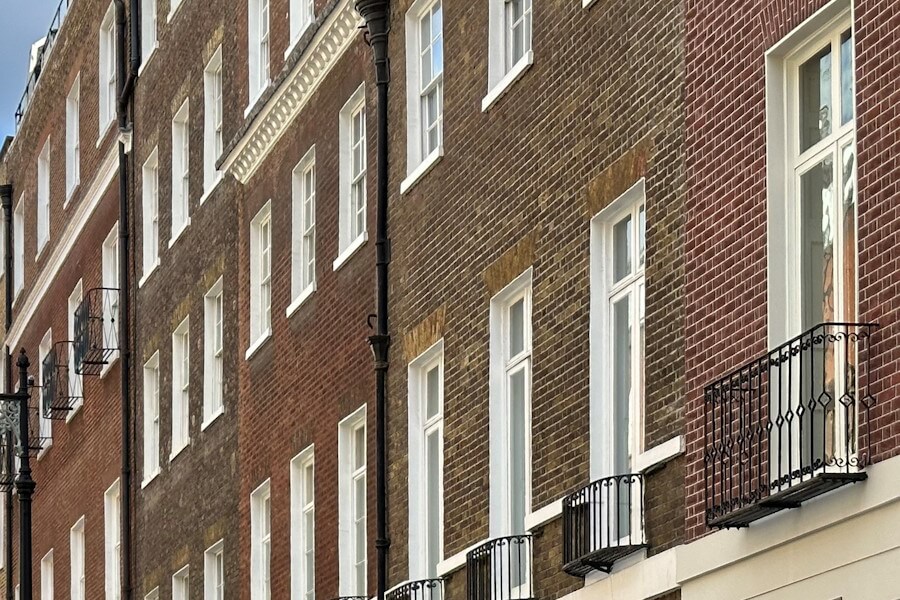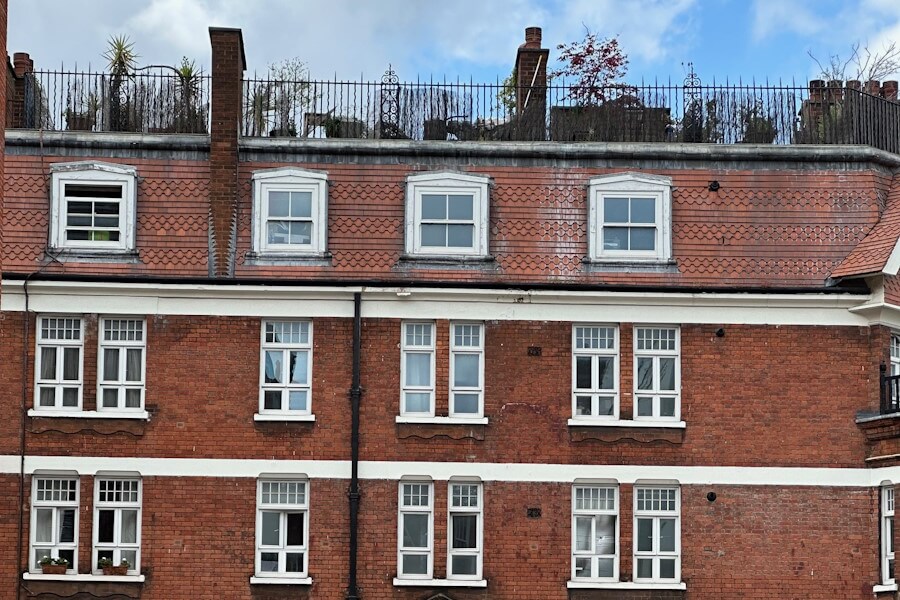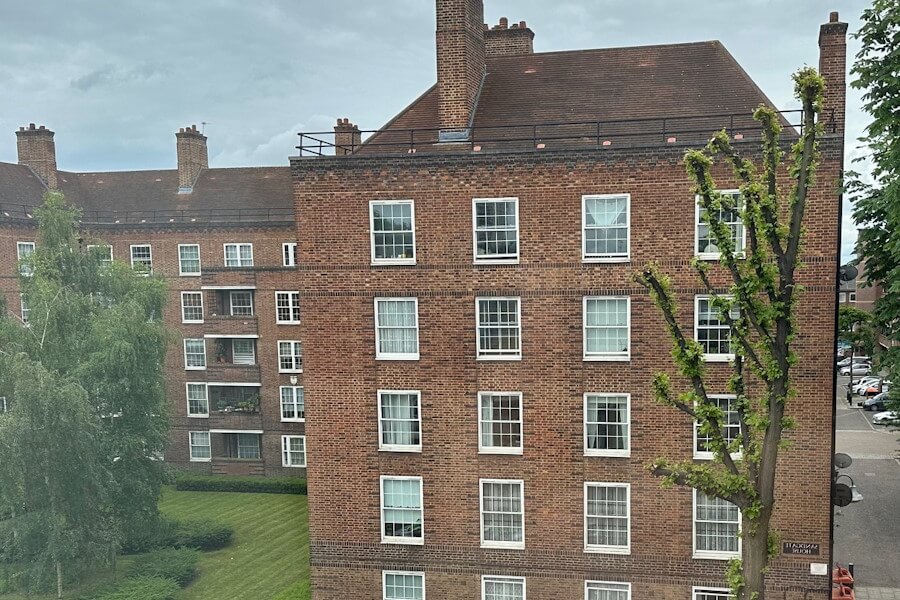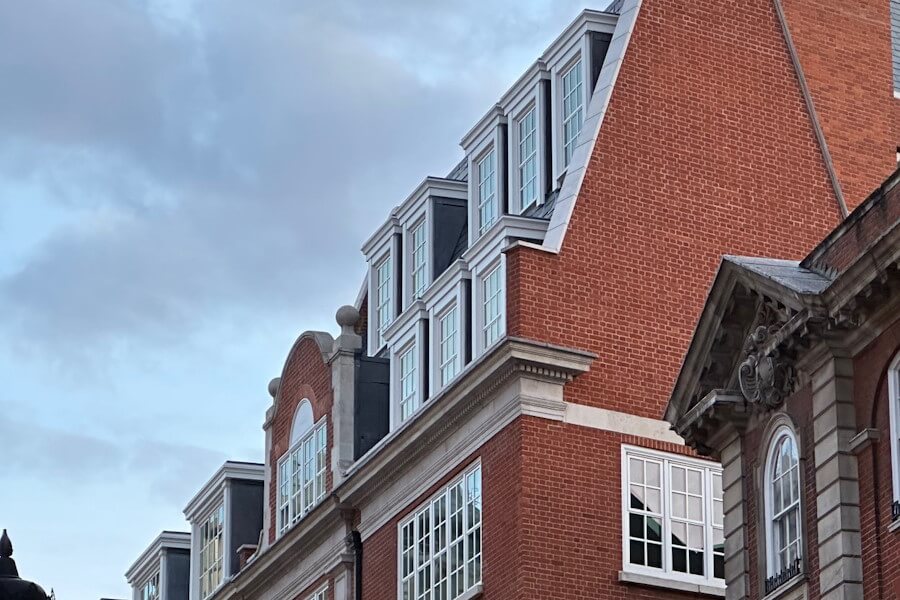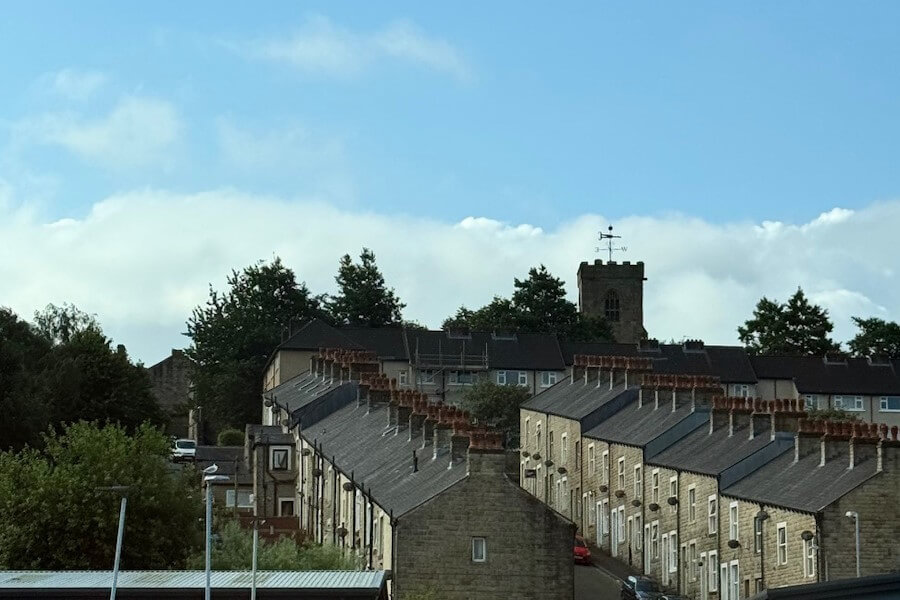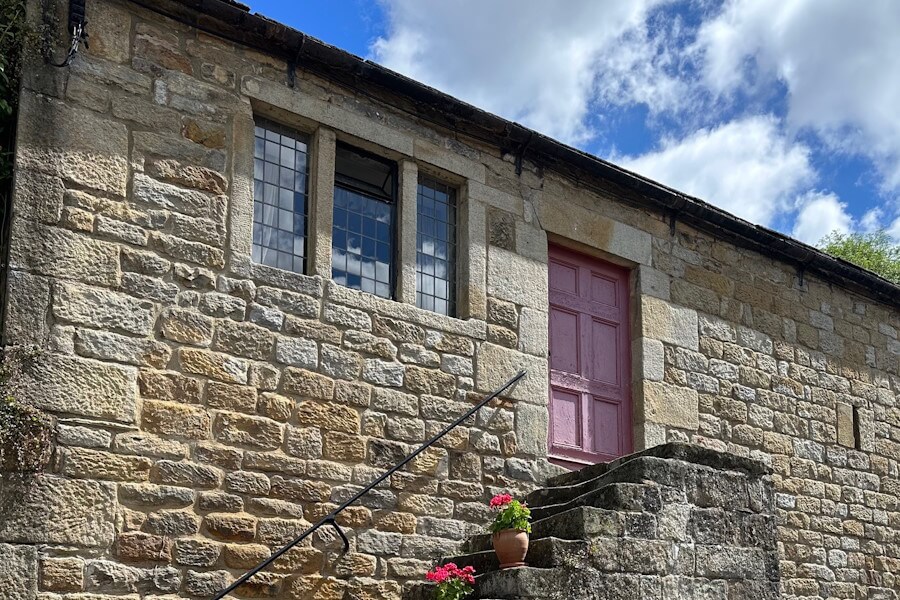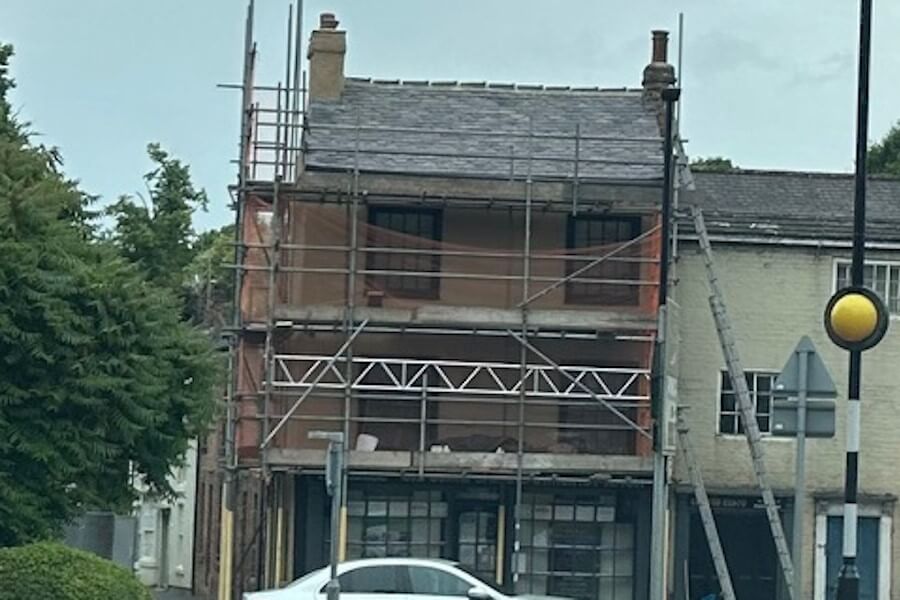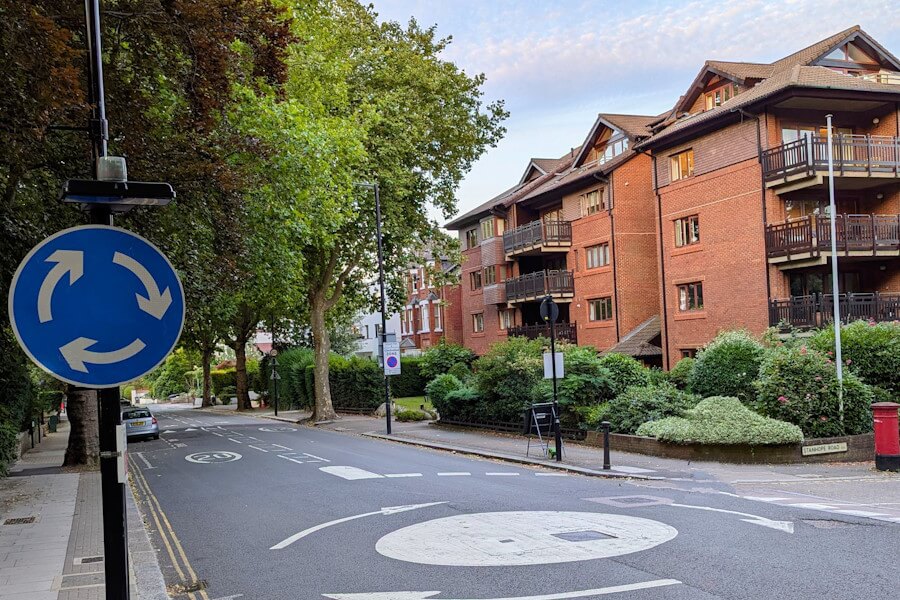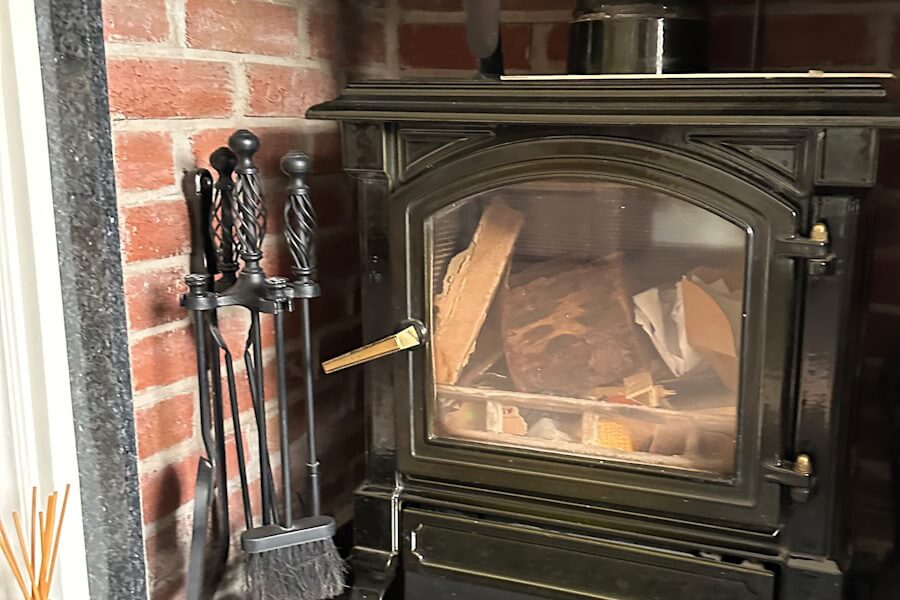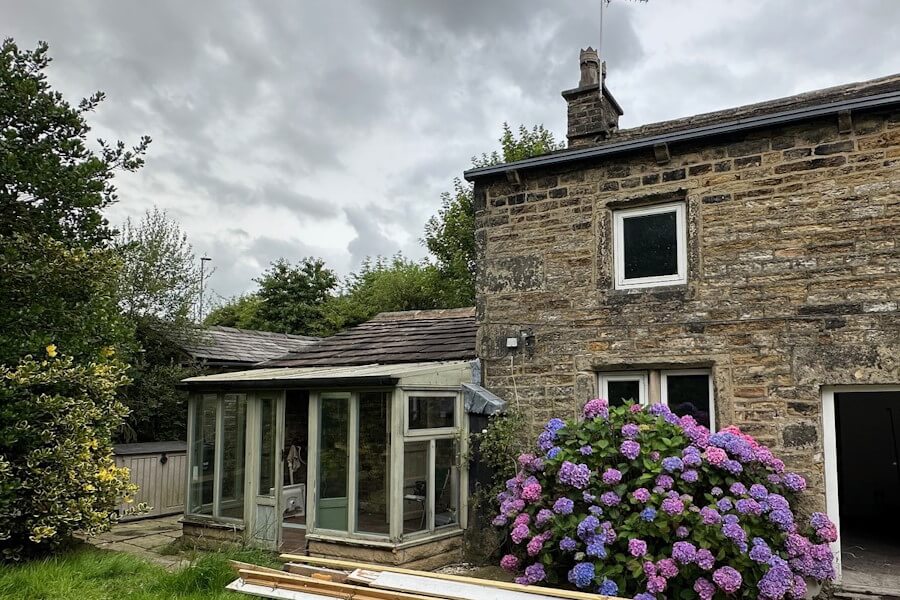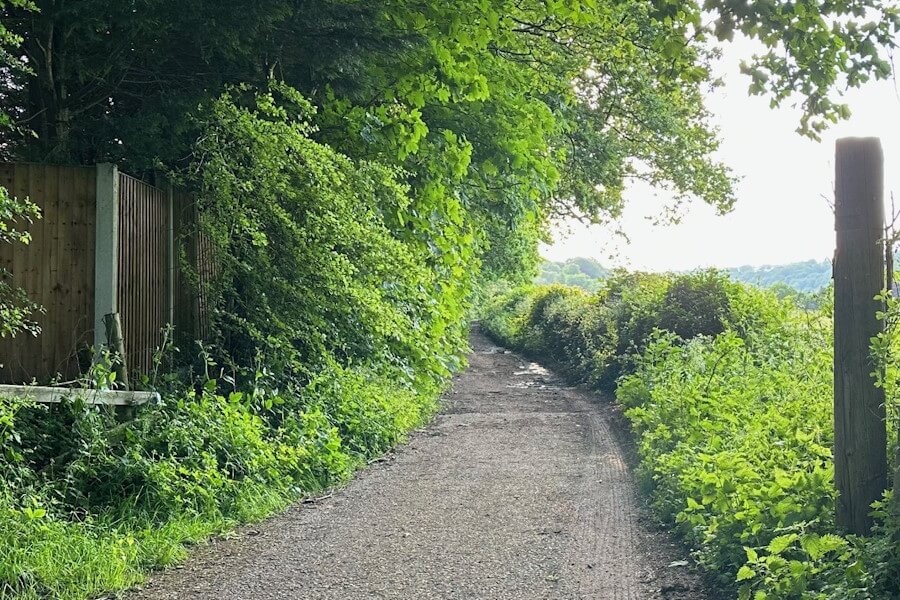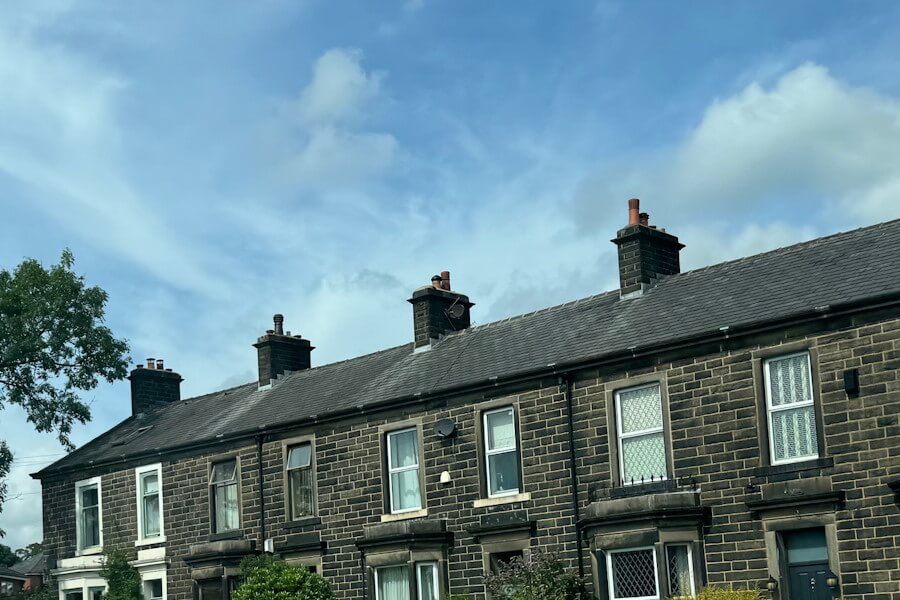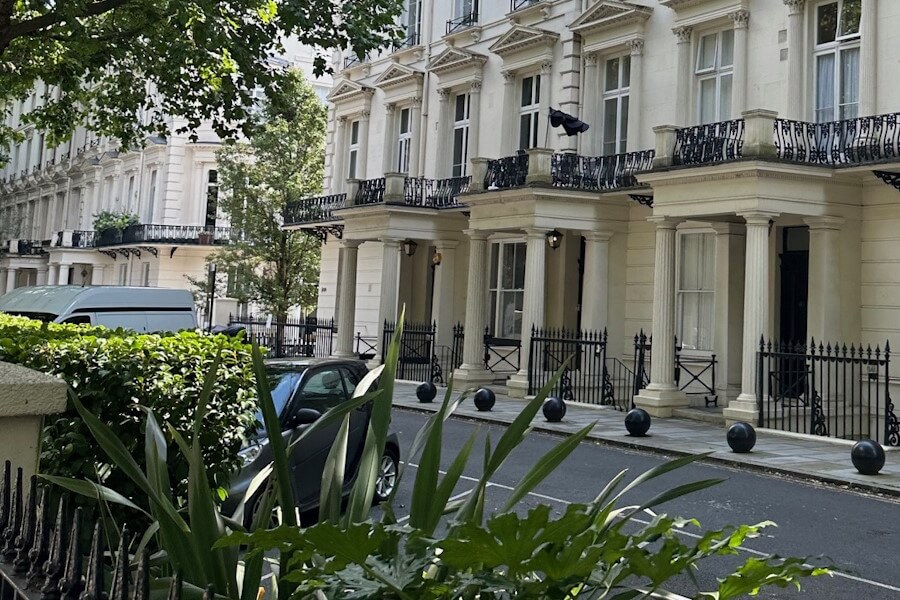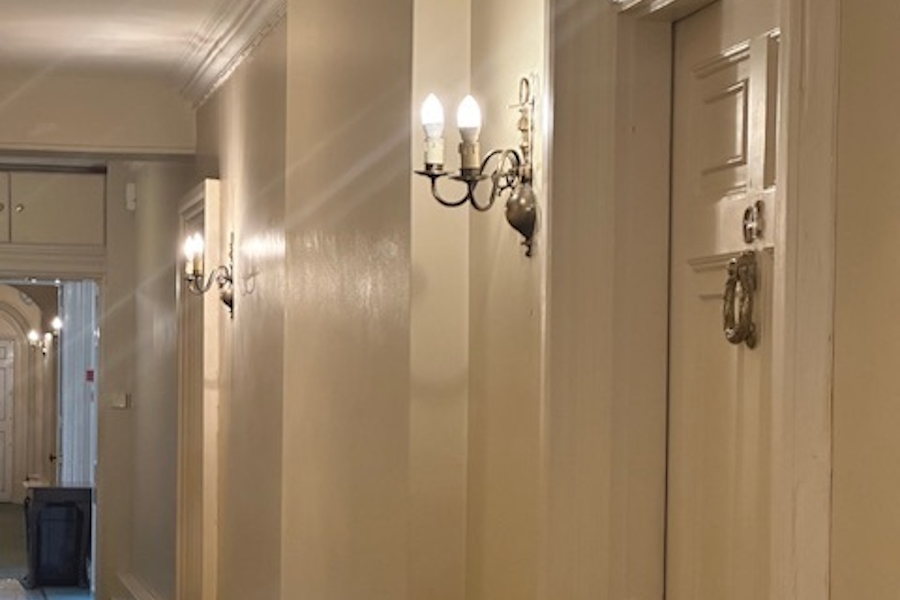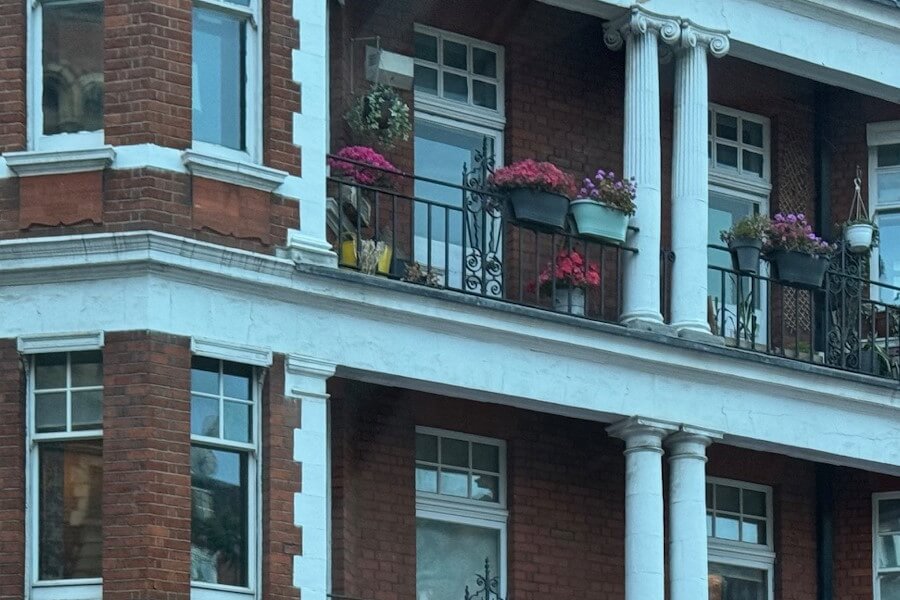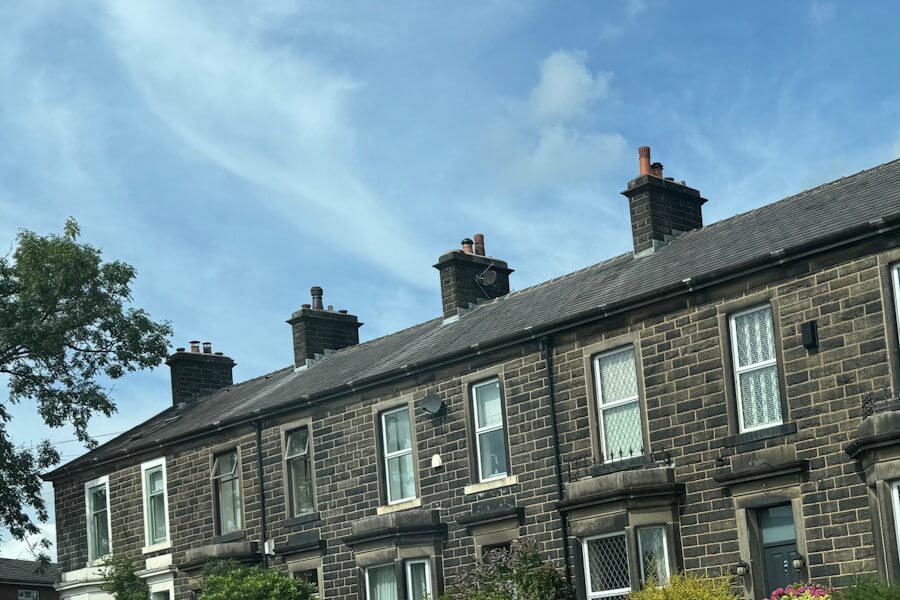Selling Property With RAAC / Crumbling Concrete
Trying to sell a property that was built with RAAC / crumbling concrete can be difficult, but there are some ways to still attract a fast and fair offer from a buyer.
Call 020 7183 3022 for your FREE sale price estimate
Your top questions when selling a property with RAAC / Crumbling Concrete
✅ What is RAAC and which properties in the UK were built with it?
Reinforced autoclaved aerated concrete, or RAAC, is a type of lightweight concrete that was used to construct schools and certain other types of leasehold and freehold properties throughout the UK from the 1950s until the 1990s. Although this type of concrete is believed to have been mostly used to build public buildings, it was used to construct some homes.
✅ Why has the presence of RAAC at a property become a concern?
In 2023 and recent years, concerns have been increasingly raised about the use of RAAC at properties, because this type of concrete is believed to have a very short useful lifespan of about 30 years before it is at risk of crumbling. Although the most current fear is about schools at risk of problems, the issue of crumbling concrete could affect some homes in the UK.
✅ Will my property be harder to sell because it has crumbling concrete?
You might find that there are additional challenges involved with selling a house, flat or any other type of property that was built using RAAC. That’s because buyers could be concerned about the structural integrity of the property, and the risk of damage in the future. Buyers may also struggle to get approved for a mortgage to pay for the purchase of your property.
✅ Why could a buyer be rejected for a mortgage to buy a property with RAAC?
Mortgage lenders provide loans for buying properties on the condition of the new owner paying the loan back through monthly instalments. If the buyer defaults on the loan, the mortgage provider can then move to sell the property, in order to recoup the outstanding money. But lenders may fear a property with RAAC will be hard to resell, and deny the loan as a result.
✅ Do I need to tell a buyer about the fact my property has crumbling concrete?
Yes, you are required to be honest and disclose all known issues with a leasehold or freehold property as part of the TA6, also known as the Property Information Form. This form asks many questions about the structural integrity of a property, and if you withhold information about RAAC from a buyer, they could sue you when they discover it as the new owner.
✅ Should I repair RAAC at my property before attempting to find a buyer?
One option to address buyers’ concerns about RAAC would be to spend money, effort and time on remediating any crumbling concrete before you attempt to sell your leasehold or freehold property. However, pursuing such work is not required, and you still have options for selling a home without fixing the presence of RAAC, for example selling to a quick property buyer.
✅ What is the speediest option to sell a property that has crumbling concrete?
The quickest method for selling a freehold or leasehold home or other property that has crumbling concrete is contacting LDN Properties or another quick property buyer, because they can finalise the buying process within a few short weeks. Selling on your own, through an estate agent or at an auction are all much slower methods, and can take at least many months.
Latest guides
We’re rated as Excellent
Reviews.co.uk provide independent reviews from other people just like you!
"Successfully sold two properties direct to LDN Properties in the last two years. Genuine and trustworthy people and the dealings were straightforward." – Thomas from London

LDN Properties Limited, Linen Hall, 162 Regent St. London W1B 5TD
Company No. 04636129. ICO No. Z7733416. Ombudsman No. D12463.
Copyright 2003 to 2024
